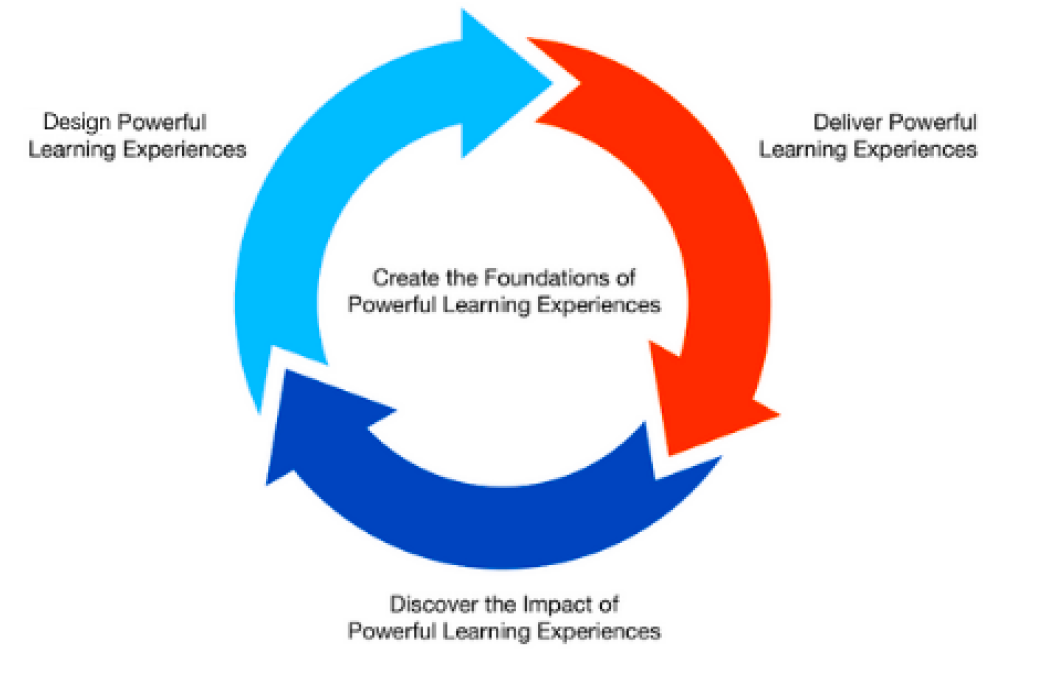Project Based Learning

Why do we use project/problem based learning (PBL) in all of our classes?
PBL is an instructional methodology through which students gain knowledge and skills by working an extended period of time collaboratively to design, deliver and discover solutions to a complex question, problem, or challenge.
Common Elements of PBL at NEAAAT
Design Powerful Learning Experiences
● Whitepaper
- A communication tool to inform and educate parents, community members and our business alliance about the purpose of the PBL, learning goals, demonstration of learning and community connections throughout the PBL.
● Essential Question
- Essential questions are a key element in the PBL. These open-ended questions drive the PBL and guide students’ learning and thinking.
● Powerful Learning Experience Plan
- PLEP outlining the PBL experiences in each phase.
Deliver Powerful Learning Experiences
● Entry Event
- A beginning experience that hooks the students interest in the PBL and sparks the desire to solve a real world problem.
● Team Selection and Team Contract
- A contract drafted by the students and have been agreed upon within their PBL team in order to hold each other accountable.
● Empathy Phase
- The empathy phase focuses on the students getting to know their audience (who they are creating their prototype for) at a deeper level.
● Define Solutions Phase
- During the define phase, students will be asking themselves the following questions: What is the problem? Why is it a problem? Who does the problem affect? Their answers to these questions will be specific to their targeted audience.
● Ideate Phase
- Students will brainstorm solutions to the problem and will narrow down their ideas to create one solution.
● Prototype Phase
- Creating your solution! The goal of this stage is to make an initial working prototype to solve your problem.
● Test Phase
- Through feedback and reflection students will make improvements and/or adjustments to their prototype.
- Students will present their prototype and findings to the class for peer feedback, revise their presentation and then present to their coach for feedback and then final revisions are made.
● Share Phase
- Students will present their final prototype to the stakeholders.
Discover the Impact of Powerful Learning Experiences
● Student Reflection
- Students are encouraged to reflect as an individual and as a team focusing on mindsets, toolsets and skillsets. Students also will reflect on their community impact throughout the PBL.
● Data Analysis
- Coaches will look at the Standard Based Mastery (SBM) Dashboard to determine if the mindsets, toolsets and skillsets were mastered during the PBL.
● Coach Reflection
- Each team/coach will meet with the Professional Coach to reflect/debrief on the current PBL. They will address any challenges, positives, changes and analyze the SBG dashboard for the PBL.
● Action Steps for Revision (PDSA)
- The Coaches and Professional Coach will create action steps to revise the PBL for the next use.